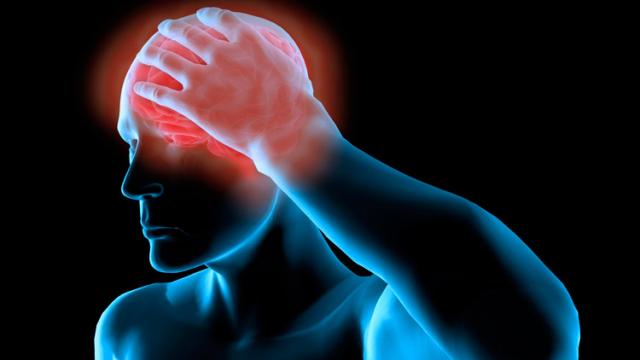Summary: A groundbreaking study reveals that individuals with a history of concussion face a 25% higher risk of experiencing severe mental health issues after giving birth. The research, following over 750,000 birthing people in Ontario, suggests that concussion history should be considered an important risk factor during pregnancy and postpartum care, especially for those without previous mental health diagnoses.
Journal: Journal of Clinical Psychiatry, November 4, 2024
DOI: 10.4088/JCP.24m15373
Reading time: 4 minutes
The Hidden Impact of Past Head Injuries
When we think about risk factors for postpartum mental health, past concussions might not immediately come to mind. However, new research from ICES and the University of Toronto has uncovered a significant connection between these brain injuries and mental health challenges after childbirth.
“We found that individuals with a history of concussion were significantly more likely to experience serious mental health challenges, such as psychiatric emergency department visits or self-harm, in the years following childbirth,” says Samantha Krueger, lead author and PhD candidate at McMaster University.
A Comprehensive Study Reveals Striking Patterns
The research team tracked mental health outcomes for up to 14 years after delivery in more than 750,000 birthing people across Ontario between 2007 and 2017. Their findings were clear: 11% of those with a history of concussion experienced severe maternal mental illness, compared to 7% for those without prior concussions.
“This association was especially strong for people with no prior mental health history, meaning that concussion may be an important but overlooked risk factor during pregnancy and postpartum care,” Krueger explains.
Understanding the Connection
The challenges of new parenthood may intensify the effects of previous head injuries. Dr. Hilary Brown, senior author and Associate Professor at the University of Toronto Scarborough, notes: “Sleep is critical to recovery after a head injury, but sleep deprivation is a reality for many new parents.”
“Cognitive impairments, sensitivities to light and noise, and the stress of caring for a newborn can all intensify concussion symptoms, which in turn may raise the risk of mental health issues over time,” says Brown.
Implications for Healthcare
The findings are particularly notable for those without pre-existing mental health conditions. In these individuals, a prior concussion increased the risk of developing severe maternal mental illness by 33% compared to those with no concussion history.
The research suggests that healthcare providers should incorporate concussion screening into prenatal care. Early identification and support could make a significant difference in preventing serious psychiatric outcomes.
Glossary
- Postpartum: The period following childbirth
- Maternal Mental Illness: Mental health conditions that can affect people during pregnancy and after childbirth
- Concussion: A type of traumatic brain injury that affects brain function
- Trauma-informed care: Healthcare approach that recognizes the impact of trauma on patients’ health and well-being
Knowledge Check Quiz
- Question: What percentage higher risk of severe mental illness did people with prior concussions face after childbirth?
Answer: 25% higher risk - Question: How many birthing people were included in the study?
Answer: More than 750,000 across Ontario - Question: What percentage of people with a concussion history experienced severe maternal mental illness?
Answer: 11%, compared to 7% for those without prior concussions - Question: For people without pre-existing mental health conditions, how much did a prior concussion increase their risk?
Answer: 33% compared to those with no concussion history
Enjoy this story? Get our newsletter! https://scienceblog.substack.com/
If our reporting has informed or inspired you, please consider making a donation. Every contribution, no matter the size, empowers us to continue delivering accurate, engaging, and trustworthy science and medical news. Independent journalism requires time, effort, and resources—your support ensures we can keep uncovering the stories that matter most to you.
Join us in making knowledge accessible and impactful. Thank you for standing with us!

